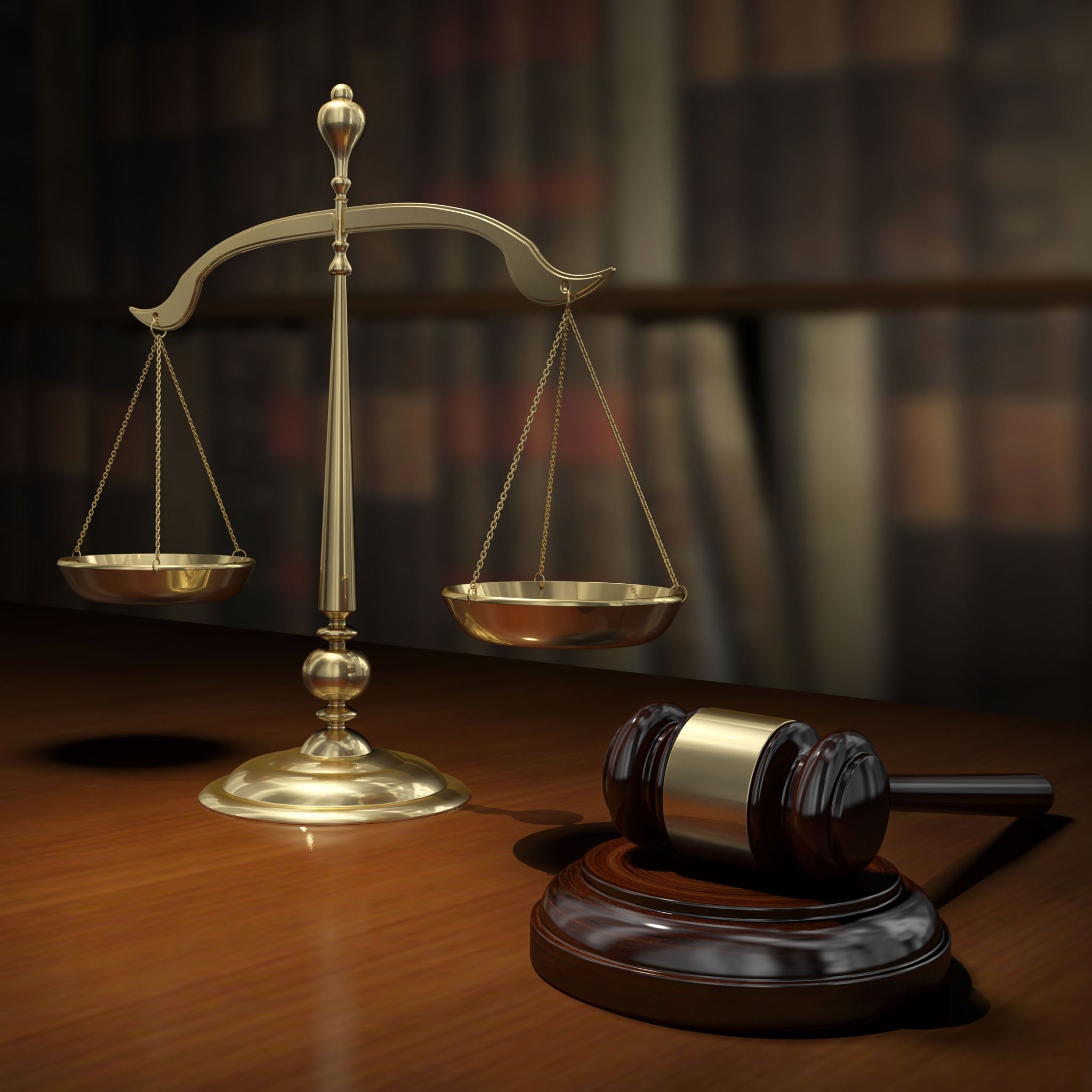Posted by admin , on Mar, 2015

Juvenile Courts hear three types of cases, delinquency, dependency and status offences. Delinquency cases involve minors who are accused of crimes. Next, dependency cases are situations where minors are abused or neglected by parents and/or guardians. Status offences are those that only apply to minors like truancy and curfew violations. Juvenile arrests tend to include a handful of crimes like theft, drug abuse and disorderly conduct. It can be confusing because juvenile cases are handled differently from others.
First and foremost, juvenile officials have more discretion in deciding how to dispose of cases. For example, police officers can deal with juveniles in various ways including:
* issue a warning
* hold the minor until a parent comes
* refer to juvenile court
If a case is referred, the parents may want to hire a Juvenile Court Lawyer. The lawyer negotiates with the prosecutor who decides how the case is handled. The prosecutor can dismiss the case, handle it informally or file formal charges. Prosecutors take several factors into consideration:
* how serious the offence is
* the juvenile’s age
* the juvenile’s past record
* how much evidence there is
Informal proceedings may result in the minor getting a strong talking to from the judge. On the other hand, the judge may refer the youth to counselling. Further, the youth will have to pay for any damages if applicable. The Juvenile Court Lawyer knows if the case proceeds formally, the prosecutor files a petition in criminal court. The youth will be arraigned and pleads guilty or not guilty. Serious charges can result in the youth being held at a Juvenile Detention Centre. Likewise, the prosecutor has the discretion to try the youth in adult court. Some states have automatic transfer laws for juveniles who are at least 16 and accused of violent crimes like rape and murder. One advantage to having a case heard in adult court is that a youth can have a jury trial. However, if he or she is convicted, they face harsher penalties. Penalties include having to serve time in an adult prison. Juvenile offences are serious and parents should make sure their child has experienced legal representation.
Click here for more details.


